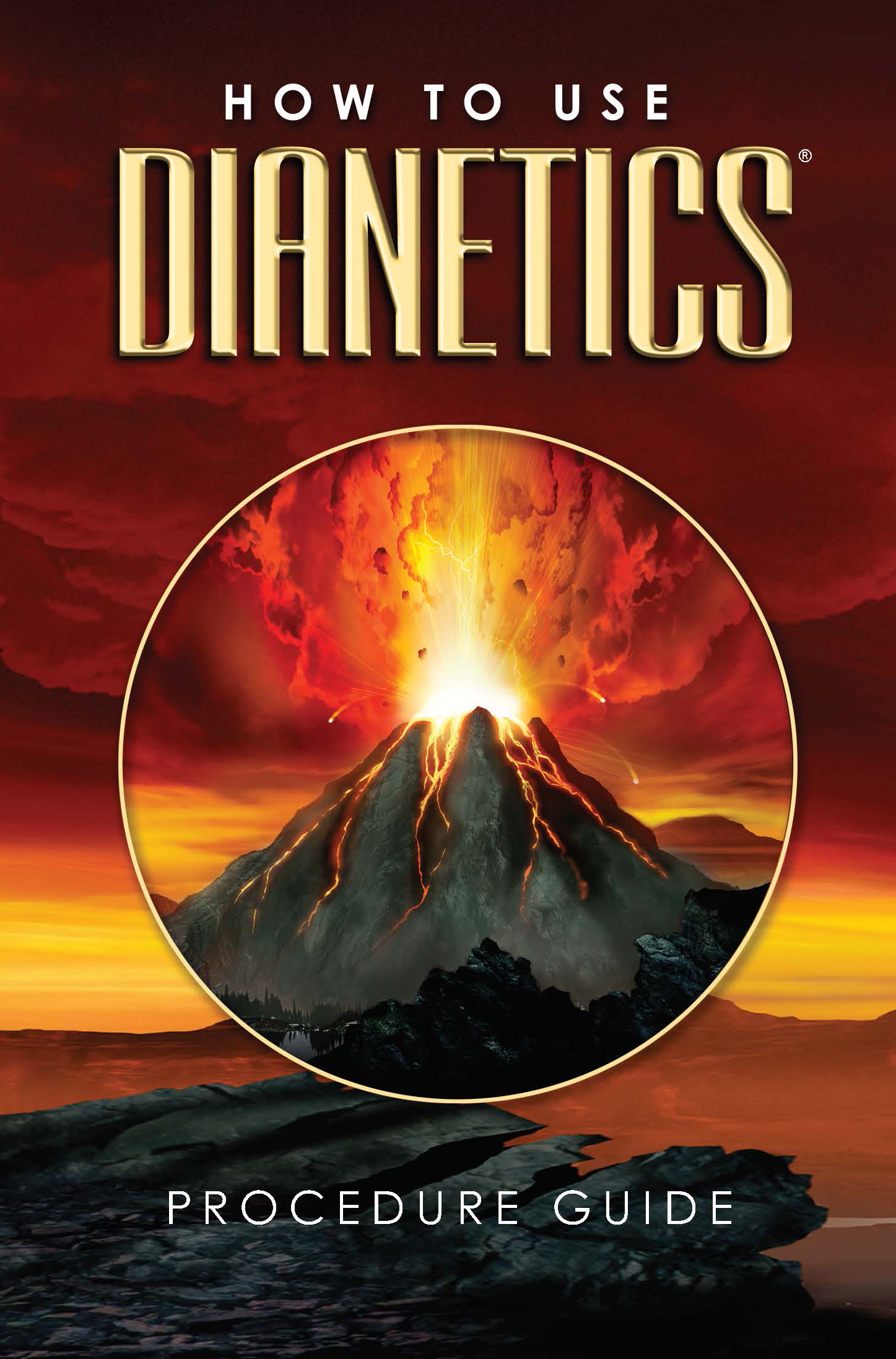4 Easy Facts About Dianetics Shown
Wiki Article
The Basic Principles Of Dianetics
Table of Contents8 Easy Facts About Dianetics ExplainedLittle Known Questions About Dianetics.Getting The Dianetics To WorkFascination About Dianetics
I could not ever before not wish to get anything that comes to mind for you- if it was otherwise, I would not be resting right here with you, doing this. I not only can never ever have an issue, or otherwise intend to hear something that comes to mind for you, but I'm entirely anxious to understand every idea, every thought, every image or sensation that arises or manifests for you- do not ever believe otherwise, and if somehow you do, please simply let me recognize! Often, you might have a thought, and photo, idea or incident turn up that does not appear to address the concern, or connect to it, yet nonetheless, always do inform me regarding it, and as we continue, the significance will arise for you.This is fundamental in the basis of processing, and the topic of this discussion: the standard functions of the therapist and the client: The standard role of the counselor is, unlike "common training", not to manage, which implies to enforce and/or prevent, yet to instead function from the basis of EMPOWERING THE CLIENT.

Everything about Dianetics
John Mcmasters expressed this fundamental truth incredibly well in among his lectures on Power handling, where he discusses just how he was asked what this "unique propensity" was that he had for offering such fantastic sessions; he had to think of that for a moment, and detected that it was what he wasn't doing, in addition to what he was doing: he wasn't reviewing, judging, computer, or actually, generating any type of thoughts, allow alone spoken expressions, after giving the command and while waiting on the computer to finish their solution to their fulfillment; he was, merely and only, being present with the PC, and totally interested.The role of the counselor, demonstrated; that was his "special knack". I have actually had my very own experience which taught me this well, very early on in the game. In 1982, having recently completed my training and internship on New Era Dianetics, I was running this on a PC, and there was a factor in the session where (being a little bit wet behind the ears not yet having lots of hours under my belt as an expert auditor) the computer seemed to be "taking as well lengthy" to reveal anything verbally after I gave him a command.
This secret turned out to be one of the most beneficial payment that wikipedia reference John ever before made to the subject of therapy or auditing (Dianetics). In my simple point of view, it is the best contribution that Full Article anybody has ever before made to these subjectsthe application is totally non-judgemental, non-evaluative, and lacking any type of tip, recommendations or opinion.no preconceived agenda for people, or 'degrees' that they must do
In Scientology we prided ourselves on not evaluating for individuals. All that really meant was that the auditor did not Vocally examine for the PC in session.
Indicators on Dianetics You Should Know

Any individual who had actually ever before seen John audit can not help however observe an unique quality in his auditing."The customer's standard function is to be there with the purpose of relocating the instructions of their spiritual goals, and to easily and completely reveal and experience whatever shows up for them in addressing the questions and performing the directions in the handling.
This is something to process as required. Also, individuals regularly have prior experience and/or indoctrination in auditing/processing which, in some methods, and to some levels, in fact misguides them right into perspectives, concepts and behavior patterns that avoid the full awareness of these roles, and so they will certainly have a tendency to inhibit the expressing of what comes to mind, as in the examples given above - Dianetics. * The initial, and perhaps foremost examples of mis-indoctrination causing much less than completely smooth and effective sessions, can be found in certain aspects of the training routines, or "TR's":"TR's" are commonly an individual's initial, or a minimum this of early, experience in Scientology, and while I will certainly take place to explain what I view as the defects in idea and method, nonetheless, have a tendency to be substantially healing, done as they are provided (Hubbard urges that "TR's are not processing, they are educating", but factually, they are both processing AND training)
Alan Walter made similar observations, and enhanced these with his "Presence Processes". There is no "failing", and no rejection of the truth of this being processing. The focus, as it needs to be, gets on experiencing the various other person's presence. All the manifestations which obtain a "fail" in doing "TR-0" are merely the being's initiatives to withstand the various other individual's visibility, and as opposed to being pestered and badgered with "Flunk", which imposes "failing!" on the being, one simply needs to be encouraged to "stick their feet in the water a little much deeper", to progressively restore their capability and determination to fully share and experience "being below", or "existence", with others.
Dianetics Fundamentals Explained

Report this wiki page